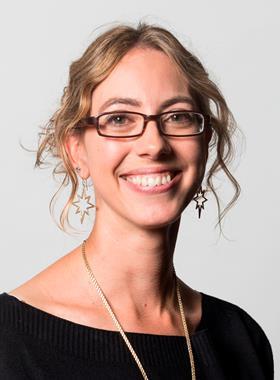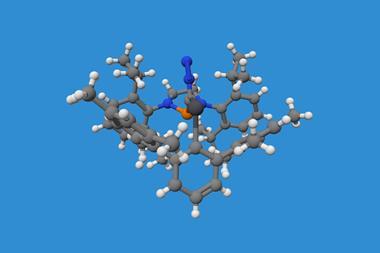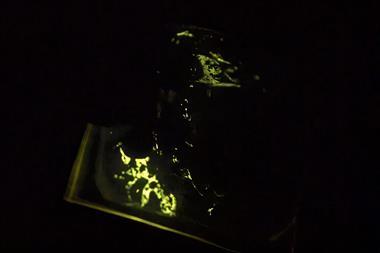It is a widely held belief that university plays a key role in increasing social mobility. However, the stark reality is that students from high socioeconomic backgrounds are three times more likely than those from low socioeconomic backgrounds to attend university. As a result, the former tend to gravitate towards top selective institutions, while students from low socioeconomic backgrounds face higher dropout rates and are less likely to graduate with a top honours degree – a trend exacerbated by rising living costs.
In the 2023 Diversity & Confusion report by the The Unmistakables group, socioeconomic status was identified as the main inclusion and diversity topic that working professions are actively avoiding through fear of getting something wrong. This avoidance is particularly prevalent among marginalised groups, who often feel excluded from discussions and lack confidence in what they can or cannot express. Thus, the collection of comprehensive data on socioeconomic inclusion is hindered.
Join us for this hour-long webinar – broadcast on 13 June 2024 – that coincides with Social Mobility Day, featuring insightful presentations with open and honest panel discussions. Our expert speakers delve into the socioeconomic inequalities that are limiting inclusive access and progression for individuals from low socioeconomic backgrounds in the chemical sciences. The webinar also acknowledges the impact of intersectionality when considering the simultaneous forms of discrimination, disadvantage, and privilege that an underrepresented individual can experience.
Speakers
Dr Stephen Hendry
Stephen is the programme manager for socioeconomic inclusion in the RSC Inclusion & Diversity team, working to develop a deeper understanding of the barriers and challenges experienced at all career stages for chemical scientists from low socioeconomic backgrounds. His work builds on previous RSC inclusion and diversity initiatives, acknowledging the importance of intersectionality in understanding the simultaneous forms of discrimination, disadvantage, and privilege that a marginalised or underrepresented individual may experience. This perspective informs and recommends support mechanisms available from the RSC and Chemists’ Community Fund to enhance inclusive access and progression for all within the chemical sciences.
Prof Louise Archer
Louise holds the Karl Mannheim chair in sociology of education at University College London, UK. Her research seeks to understand educational identities and inequalities, particularly in relation to social class, gender and race/ethnicity across primary, secondary, higher and informal learning contexts. She has authored over 100 academic publications and has directed numerous large-scale national and international research studies, including the 14-year, ESRC-funded ASPIRES study, a mixed methods research project examining what shapes the trajectories of young people from age 10-22. Louise is particularly interested in participatory approaches, working with teachers, professionals and young people in ways that can support more equitable educational policies and practices. The impact of her research on supporting diversity and inclusion in Stem has been recognised through prizes from the Royal Society, ESRC and British Educational Research Association.
Dr Saleha Patel
Saleha is an experienced leader in drug discovery having worked across the pipeline from target innovation and into the clinic. She has a strong track record creating value through innovative science and is committed to fostering scientific development through community collaboration and mentorship. Saleha studied for an undergraduate degree in biochemistry and an MSc in bioscience technology at the University of York, UK. She has a PhD from the University of Leicester, UK and moved to AstraZeneca in 2017, starting on the lab bench before moving into her current role within the indication discovery team in the Emerging Innovations Unit, R&D. Saleha is passionate about talent development, mentoring young scientists and broadening opportunities for under-represented groups, specifically supporting individuals from low socio-economic backgrounds looking to enter careers in Stem. Her work in this area has been enabled through charities including the Social Mobility Foundation and The Sutton Trust.

Chemistry World and the Inclusion and Diversity team at the Royal Society of Chemistry are proud to offer a webinar series to support the chemical sciences community in response to and beyond the Covid-19 pandemic.
Throughout the Building a better chemistry culture series, we will illuminate the science behind the issues being experienced and provide support tailored to the needs of chemical scientists including sharing coping strategies and reducing stigma around mental health and wellbeing.
The Inclusion and Diversity team drives and coordinates the strategy across all Royal Society of Chemistry activities to support a more inclusive and diverse chemical sciences community. Through research, advocacy and recognising success, we are working to make ‘chemistry for everyone’ a reality. Find out more about our work here.





















No comments yet